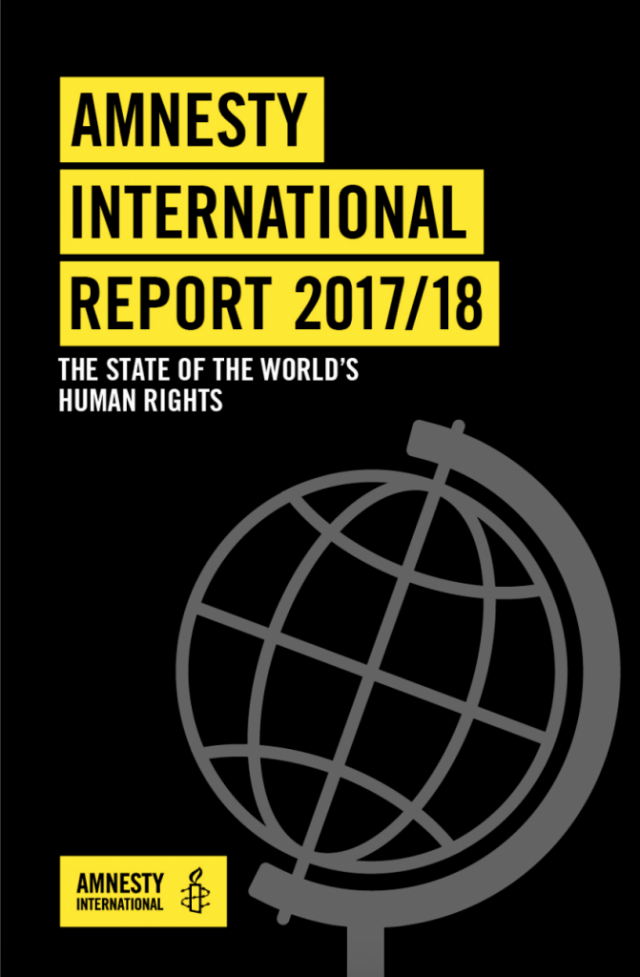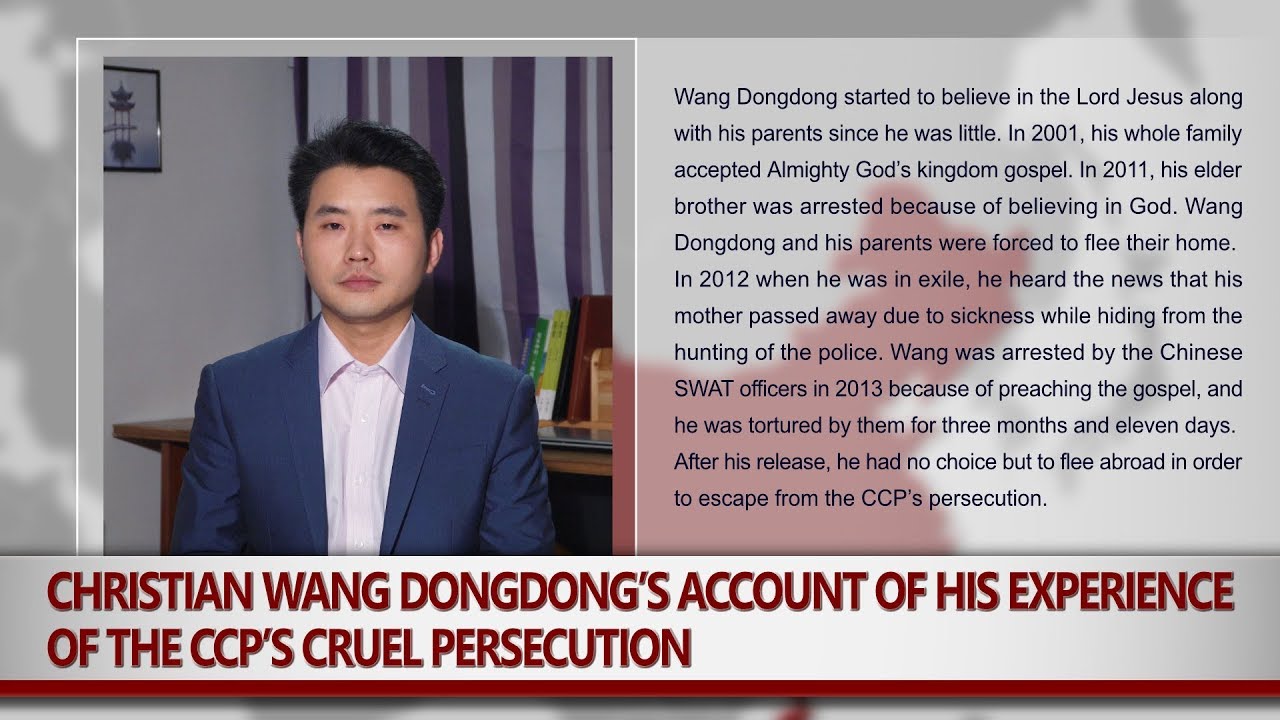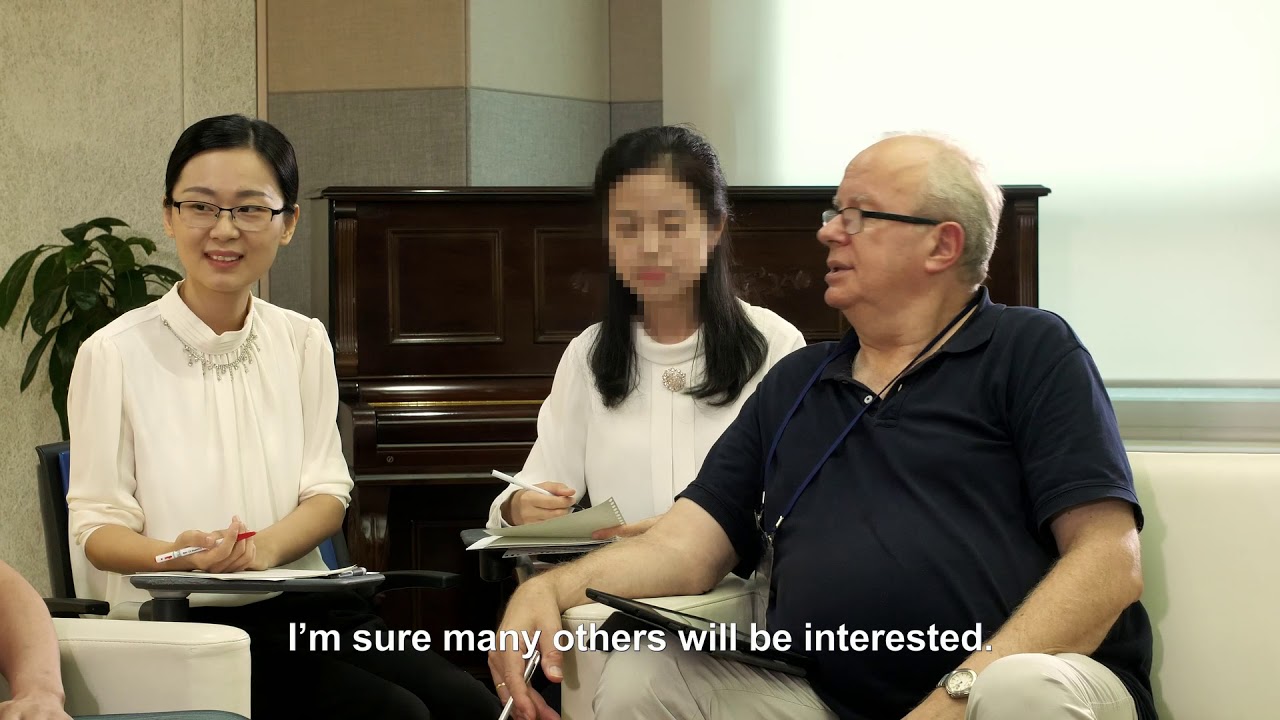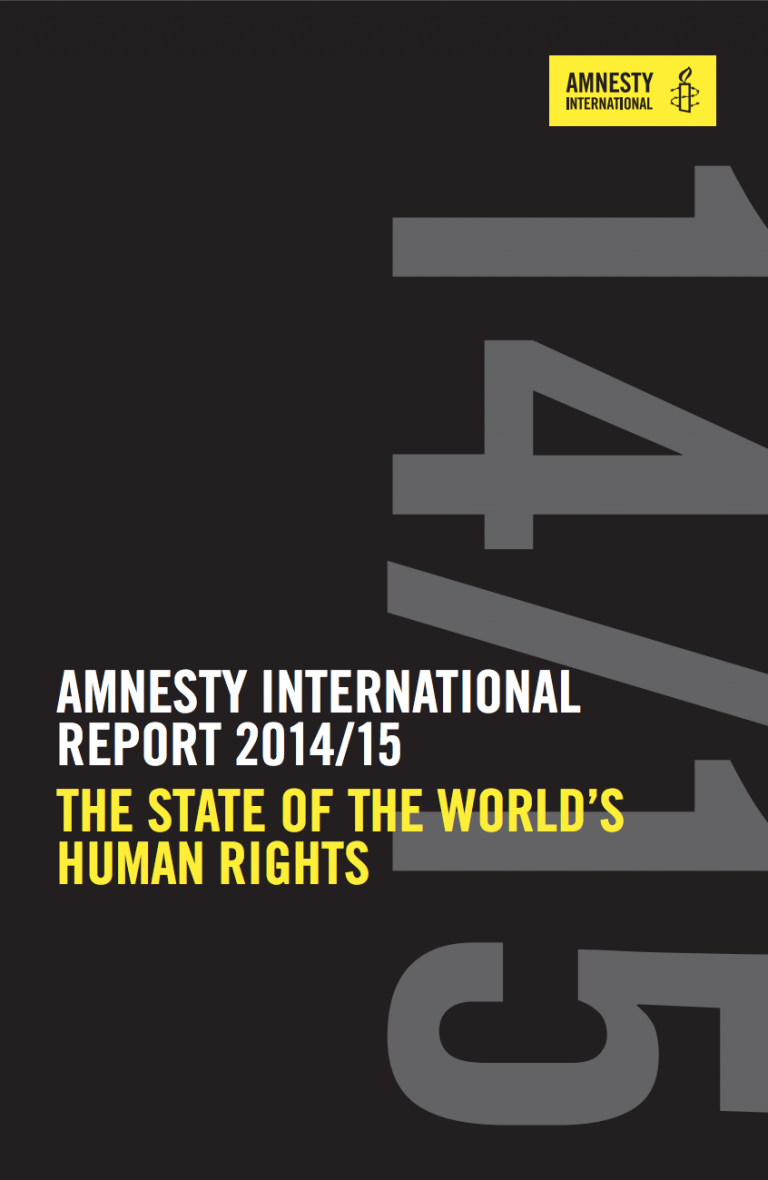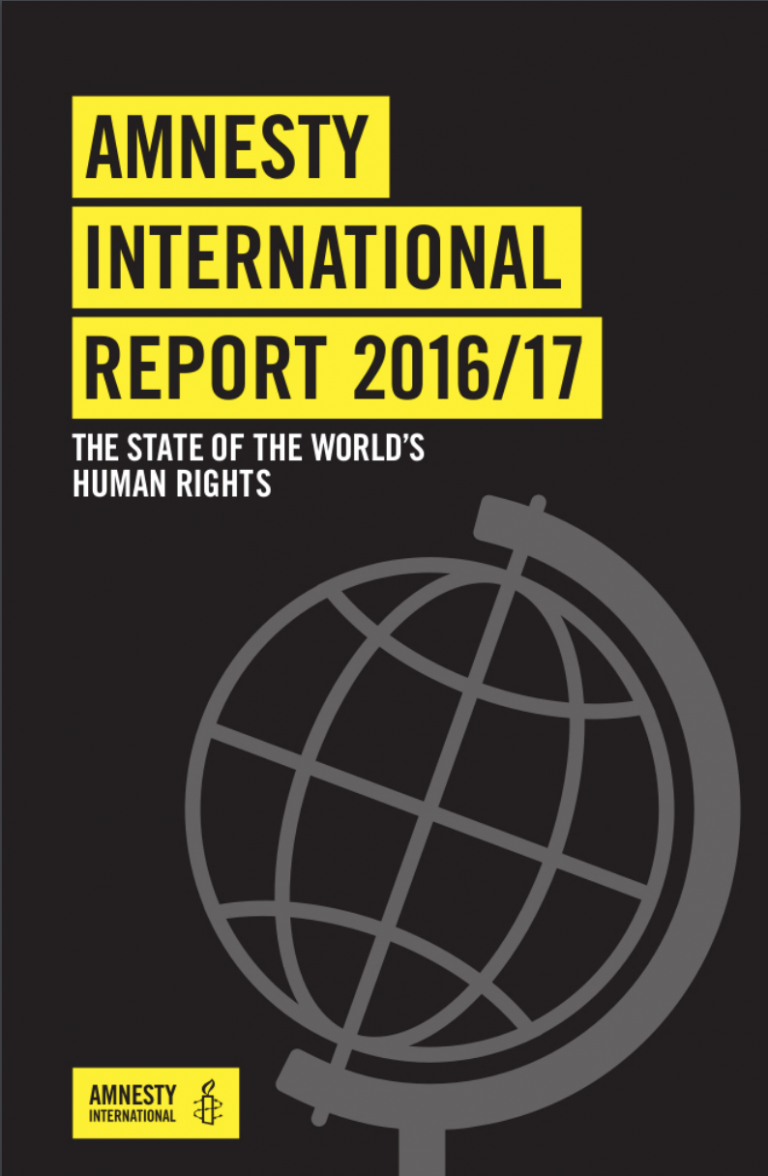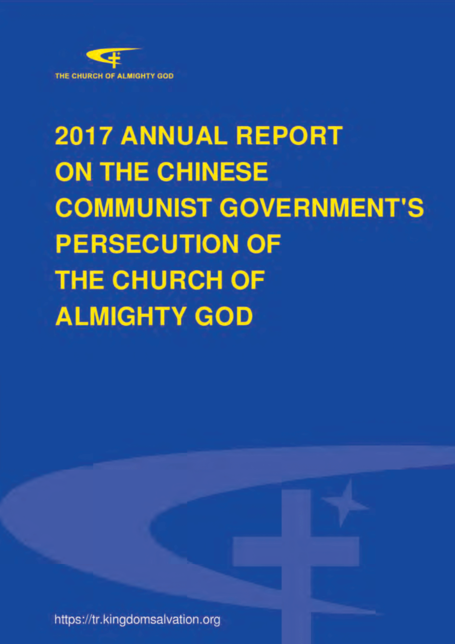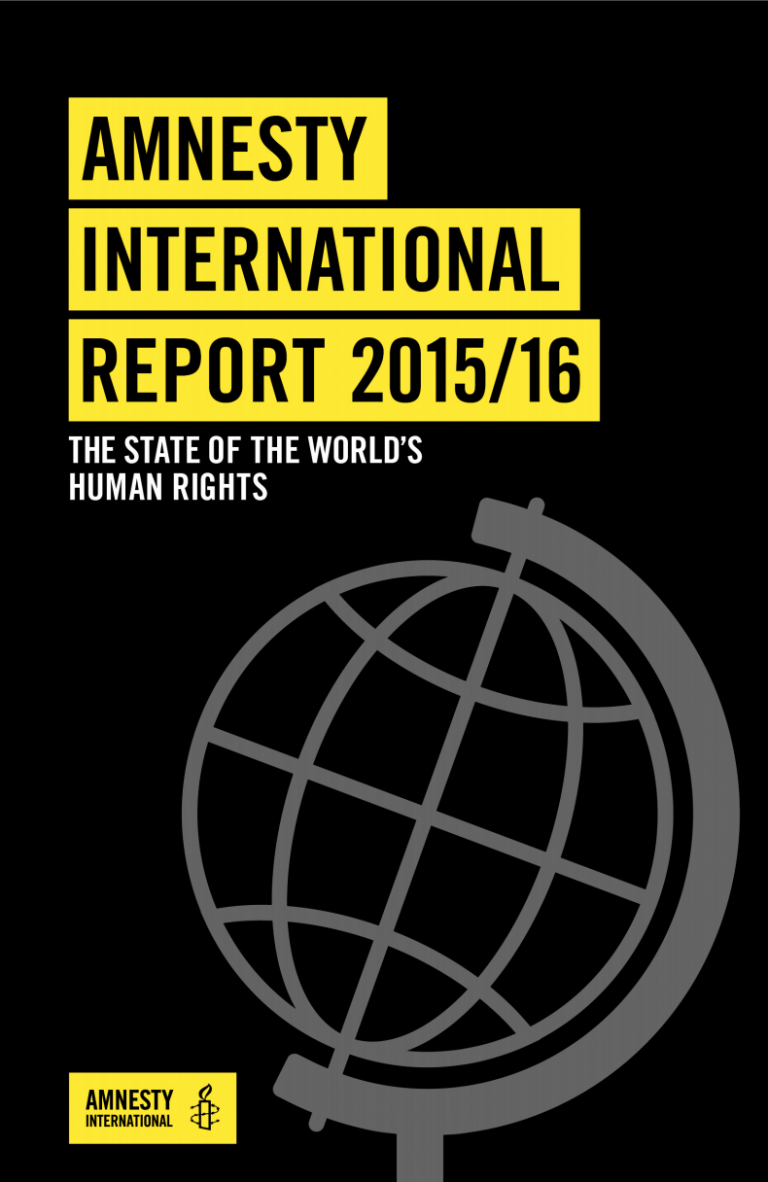Overview
The human rights situation deteriorated dramatically. Hundreds of thousands of Rohingya fled crimes against humanity in Rakhine State to neighbouring Bangladesh; those who remained continued to live under a system amounting to apartheid. The army committed extensive violations of international humanitarian law. Authorities continued to restrict humanitarian access across the country. Restrictions on freedom of expression remained. There was increased religious intolerance and anti-Muslim sentiment. Impunity persisted for past and ongoing human rights violations.

Background
The civilian-led administration, headed de facto by State Counsellor Aung San Suu Kyi, completed its first year in office in March. Economic reforms stagnated, while the peace process – aimed at bringing an end to decades of internal armed conflicts – stalled. The military retained significant political power and remained independent of civilian oversight. On 6 October, Myanmar ratified the ICESCR, due to come into force in the country on 6 January 2018.
Crimes under international law – crimes against humanity
Rakhine State was plunged into crisis when security forces unleashed a campaign of violence against the predominantly Muslim Rohingya ethnic minority in the northern part of the state, following co-ordinated attacks in late August by the armed group Arakan Rohingya Salvation Army (ARSA) on approximately 30 security posts. The attacks took place just hours after a commission headed by former UN Secretary-General Kofi Annan presented its recommendations to “prevent violence, maintain peace and foster reconciliation” in the state.
The military, often working with Border Guard Police and local vigilantes, killed an undetermined number of Rohingya women, men and children; tortured and otherwise ill-treated Rohingya women and girls, including with rape and other forms of sexual violence; laid landmines; and burned hundreds of Rohingya villages in what the UN High Commissioner for Human Rights described as a “textbook example of ethnic cleansing”. The conduct of the security forces amounted to crimes against humanity.1
More than 655,000 Rohingya fled to Bangladesh as a result of the violence. Other ethnic minority communities were also affected, with an estimated 30,000 people temporarily displaced to other parts of Rakhine State. There were reports of abuses, including killings of informants and the enforced disappearance of ethnic Rakhine and Mro villagers by ARSA.
Rohingya who remained in Rakhine State continued to live under a system amounting to apartheid, which severely restricted virtually every aspect of their lives and segregated them from the rest of society.2 Their rights to nationality, freedom of movement, the highest attainable standard of health, education, work, food, freedom of religion and belief, and to participate in public life were routinely and systematically violated on a discriminatory basis.
The government dismissed allegations of human rights violations and ignored calls for investigations and accountability. It signed a deal with Bangladesh to repatriate refugees subject to a verification process, and announced that it would work to implement Kofi Annan’s recommendations and bring development to Rakhine State.
Internal armed conflict
Fighting between the Myanmar Army and ethnic armed groups intensified in northern Myanmar. The Army committed wide-ranging human rights violations against ethnic minority civilians, including extrajudicial executions and other unlawful killings, enforced disappearances, arbitrary detentions, torture and other ill-treatment and forced labour. The Army regularly fired mortar and artillery shells when fighting ethnic armed groups, which often landed in civilian areas. In May, an 81-year-old woman was killed when a mortar exploded near her home in Namhkan township, northern Shan State.3 Several of these violations were likely to amount to war crimes.
Ethnic armed groups committed violations of international humanitarian law, including enforced disappearances, forcible recruitment and extortion. Both the Myanmar Army and ethnic armed groups laid anti-personnel landmines or landmine-like weapons. Many displaced people were afraid to return to their homes as a result.
Lack of humanitarian access
Both the civilian government and the military continued to severely and arbitrarily restrict humanitarian access, placing hundreds of thousands of people at risk.
In Rakhine State, authorities restricted aid access in the wake of the August ARSA attacks, suspending it entirely in the north of the state. The authorities later allowed the Red Cross Movement and the World Food Programme to operate in the area. However, their access was limited and insufficient to meet needs. In other parts of Rakhine State, access was further impaired by local tensions and hostility towards international aid groups.4
The authorities further restricted access to displaced populations in northern Myanmar, especially to people living in territory that was not under government control. In February, the Myanmar Army prevented the delivery of 200 UN-stamped “dignity kits” – which included basic sanitary supplies – for women and girls displaced in areas controlled by the Kachin Independence Organization.
Refugees and internally displaced people
Civilians were displaced as a result of conflict, violence and natural disasters. More than 106,000 people remained internally displaced by the conflicts in northern Myanmar. Some 120,000 people, mostly Rohingya, continued to live in squalid displacement camps in Rakhine State where they have been confined for five years following violence in 2012.
By the end of the year more than 655,000 Rohingya refugees had fled to Bangladesh following unlawful and disproportionate military operations in northern Rakhine State. In November, Myanmar and Bangladesh signed an agreement to repatriate refugees to Myanmar even as people continued to flee across the border. The entrenched and ongoing regime amounting to apartheid in Rakhine State ensured that any returns would not be safe or dignified.
Some 100,000 additional refugees from Myanmar continued to live in camps in Thailand, where they faced decreasing humanitarian assistance. Many expressed concerns about returning to Myanmar, citing ongoing instability, militarization in ethnic areas and lack of access to essential services.
Prisoners of conscience
Despite prisoner amnesties in April and May, prisoners of conscience remained in detention. The authorities continued to use a range of vaguely worded laws that restricted the rights to freedom of expression, association and peaceful assembly to arrest and imprison people solely for peacefully exercising their rights.
Prisoner of conscience Lahpai Gam, an ethnic Kachin farmer, remained in prison, suffering from serious health conditions. He was tortured at the time of his arrest in 2012.
The government failed to provide restitution to former prisoners of conscience and their families, such as compensation, assistance in gaining access to education and employment opportunities, and other forms of reparation.
Freedoms of expression, association and assembly
The rights to freedom of expression, association and peaceful assembly remained subject to severe restrictions. There was a surge in the number of people charged with “online defamation” under Section 66(d) of the 2013 Telecommunications Act.5 Following national and international pressure, Parliament adopted minor amendments to the law. However, “online defamation” remained a criminal offence.
Human rights defenders, lawyers and journalists – in particular those speaking out about the situation of the Rohingya, religious intolerance and violations by the military – faced surveillance, intimidation and attacks. On 29 January, Ko Ni, a lawyer, was shot dead at Yangon International Airport while returning from an interfaith conference in Indonesia. At the end of the year, the trial of four alleged perpetrators was still ongoing; a fifth suspect remained at large. In November, ethnic Kachin pastor Dumdaw Nawng Lat and his assistant Langjaw Gam were imprisoned for providing assistance to journalists reporting on military air strikes near the town of Monekoe in late 2016. Both men were sentenced to two years’ imprisonment under the Unlawful Associations Act. Dumdaw Nawng Lat was sentenced to an additional two years for “defamation”.
The operations of independent media outlets were increasingly restricted, and in some cases journalists were subjected to criminal prosecution for carrying out their work. In June, three media workers were arrested and charged with contacting an “unlawful association” after returning from an area controlled by an armed ethnic group operating in northern Myanmar. They were released after charges against them were dropped in August.6 In December, two Reuters reporters were detained under the Official Secrets Act in connection with their work reporting on the situation in Rakhine State. Both were held incommunicado for two weeks and remained in detention at the end of the year.
Freedom of religion and belief
There was a sharp rise in religious intolerance and anti-Muslim sentiment in the wake of the August attacks in Rakhine State. The government exacerbated the situation by both allowing and directly producing hate speech inciting discrimination and violence in print and online. State media published derogatory anti-Rohingya articles; government officials published inflammatory posts on social media.
Throughout the year religious minorities, in particular Muslims, continued to face discrimination. In April, two madrassas (religious schools) in Yangon were closed by local authorities and police following pressure from a mob of Buddhist hardline nationalists. In September, the Kayin State authorities issued an order requiring all Muslims in the state to report to local authorities before travelling. Although the Kayin State Chief Minister later said that the order was an “administrative error”, travel restrictions reportedly remained in place at the end of the year.
Corporate accountability
Thousands of families living near the Letpadaung copper mine in Sagaing region remained at risk of losing their homes and farmland under plans to expand the project.7 Villagers living close to the mine continued to protest against the project. In March, at least 10 people were injured after police fired rubber bullets at a group of villagers protesting about the impact of trucks transporting materials to the mine. According to local authorities, six police officers were wounded by protesters using catapults.8
In August, the Ministry of Defence rejected a proposal to relocate a factory producing sulphuric acid to supply the mine. Severe risks were posed to the health of the community living nearby. Environmental and human rights concerns related to the project had not been addressed by the end of the year.
Death penalty
Courts continued to impose death sentences under legal provisions allowing for the imposition of the death penalty. No executions were carried out.
Lack of accountability
A persistent culture of impunity remained for human rights violations committed by the security forces. Most perpetrators of past and current human rights violations, including crimes under international law, had not been held accountable for their actions.
The government failed to adequately investigate and hold to account perpetrators of serious human rights violations in Rakhine State, including crimes against humanity. In August, an Investigation Commission established by the President to probe the October 2016 attacks and their aftermath published a summary of its findings in which it acknowledged casualties, destruction of buildings, loss of property and displacement. However, it failed to establish responsibility for these acts, or to state whether any action had been taken to prosecute perpetrators. The investigation lacked independence.9 In November, a military investigation concluded that no human rights violations had been committed in Rakhine State following the 25 August ARSA attacks and subsequent military campaign.
International scrutiny
In March the UN Human Rights Council established an independent, international Fact-Finding Mission to “establish the facts and circumstances” about human rights violations and abuses, in particular in Rakhine State. The Council requested the Mission to present its findings in September 2018. The move was met with strong opposition by the government, which disassociated itself from the investigation and refused to allow the team into the country.
A significant increase in international attention was focused on Myanmar and the crisis in Rakhine State following the August attacks. On 6 November, the UN Security Council issued a presidential statement calling for an end to the violence and for the restrictions on humanitarian aid to be lifted. Also in November, the UN General Assembly adopted a resolution on the situation of human rights in Myanmar. In December, the Human Rights Council held a special session on the situation of the Rohingya and other minorities. The EU and the USA suspended invitations to senior military officials.
The UN Special Rapporteur on the situation of human rights in Myanmar faced increasing restrictions on her access, and by the end of the year had been barred from the country for the remainder of her tenure. She had previously raised concerns about the deteriorating situation in the country.
- “My world is finished”: Rohingya targeted by crimes against humanity in Myanmar (ASA 16/7288/2017)
- “Caged without a roof”: Apartheid in Myanmar’s Rakhine State (ASA 16/7484/2017)
- “All the civilians suffer”: Conflict, displacement and abuse in northern Myanmar (ASA 16/6429/2017)
- Myanmar: Restrictions on international aid putting thousands at risk (News story, 4 September)
- Myanmar: Repeal Section 66(d) of the 2013 Telecommunications Law (ASA 16/6617/2017)
- Myanmar: Release journalists immediately (News story, 26 June)
- Mountain of trouble: Human rights abuses continue at Myanmar’s Letpadaung mine (ASA 16/5564/2017)
- Myanmar: Investigate police use of force against protesters at troubled mine (ASA 16/5983/2017)
- Myanmar: National efforts to investigate Rakhine State violence are inadequate (ASA 16/5758/2017)
Source: Amnesty International. AMNESTY INTERNATIONAL REPORT 2017/18: THE STATE OF THE WORLD’S HUMAN RIGHTS © Amnesty International 2018.

